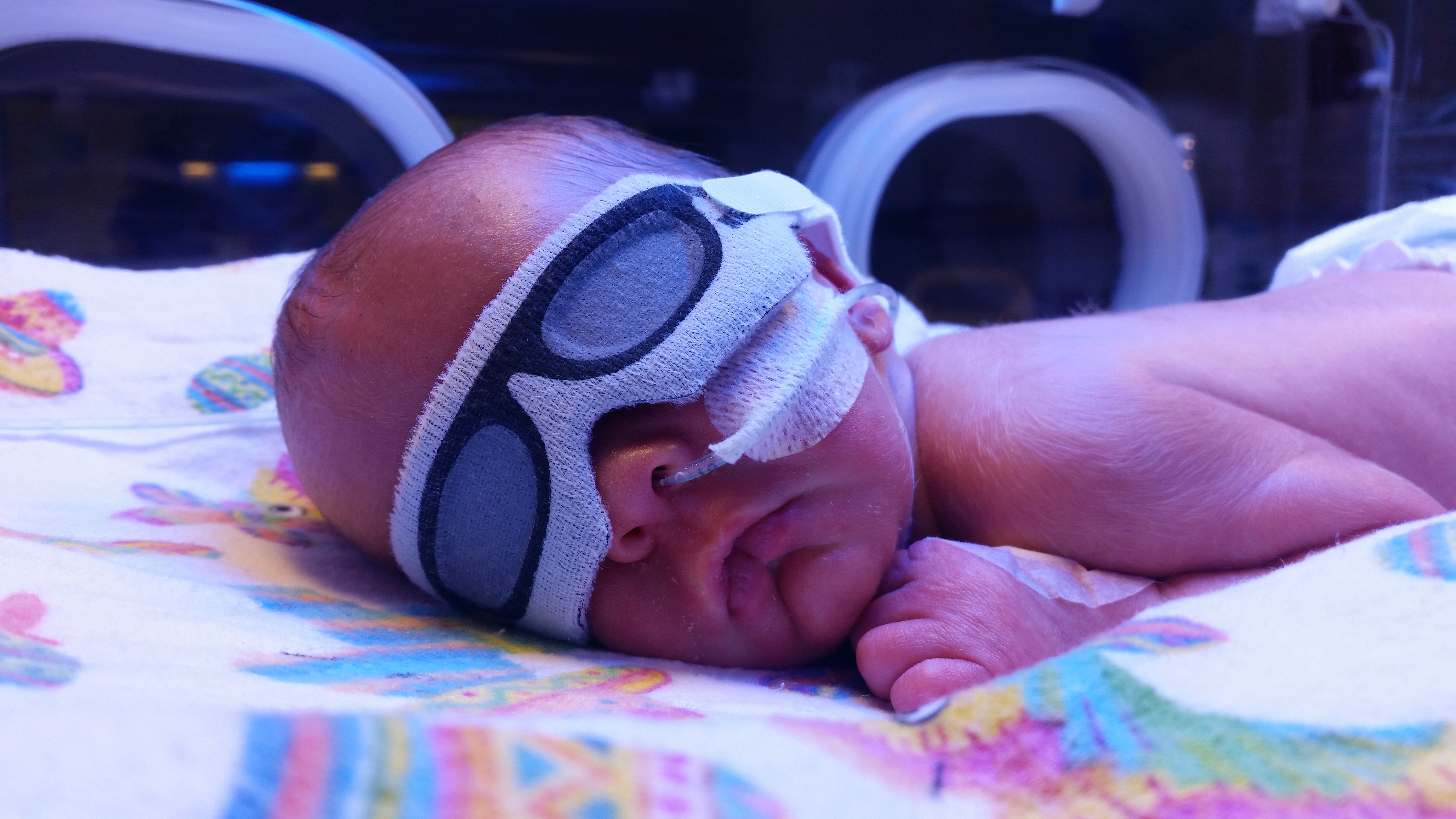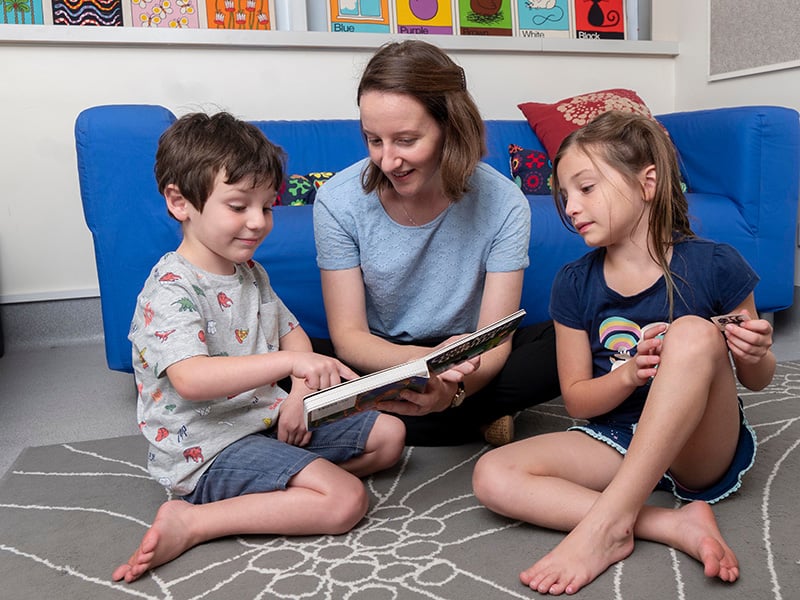Search
Showing results for "autism"
Research
Intention to Engage in Alcohol Use during Pregnancy: The Role of Attitudes and PrototypesThere is no known risk-free level of alcohol use in pregnancy. Despite this, many still believe that occasional drinking is safe. To-date, there is limited evidence of the influences on women's decisions about low to moderate alcohol use in pregnancy.
Research
Involving young people with lived experience in advancing mental health science: an exploratory qualitative study from Pakistan and IndiaMeaningful involvement of young People with Lived Experience (PWLE) in co-designing youth mental health interventions has been much emphasized globally. However, there is a scarcity of evidence on involving PWLE of mental health problems in designing, implementing and evaluating mental health interventions, especially in Low- and Middle-Income Countries.
Research
Evaluation of Trauma-Informed Practices in EducationYasmin Harman-Smith BA, BHlthSc(Hons), PhD Head, Early Years Systems Evidence; Head, Tenders Support Unit Yasmin.harman-smith@thekids.org.au Head,

News & Events
ORIGINS family finds comfort and communityA Quinns Rocks family who became the 1000th family to sign up for the ORIGINS Project is excited to be contributing to such ground-breaking research.
Research
A role for affectivity in rapid facial mimicry: An electromyographic studyUsing a novel methodological approach, these findings provide evidence for the contention that affective processing underlies rapid facial mimicry reactions

News & Events
Desire to help others helps one ORIGINS familyCathy Chopping is thankful she decided to try and help others by joining ORIGINS

Find out more about CliniKids' new program which boosts early language skills through book sharing.

News & Events
CliniSibsCliniSibs is an after-school small group program designed to support siblings of autistic children.

News & Events
Technology powering researchResearchers at The Kids are harnessing the power of apps and other online tools to ensure the results of their research reach those who need it most – children, young people and families.
Research
#TraumaTok-TikTok Videos Relating to Trauma: Content AnalysisExperiencing a traumatic event can significantly impact mental and emotional well-being. Social media platforms offer spaces for sharing stories, seeking support, and accessing psychoeducation. TikTok (ByteDance), a rapidly growing social media platform, is increasingly used for advice, validation, and information, although the content of this requires further study.
